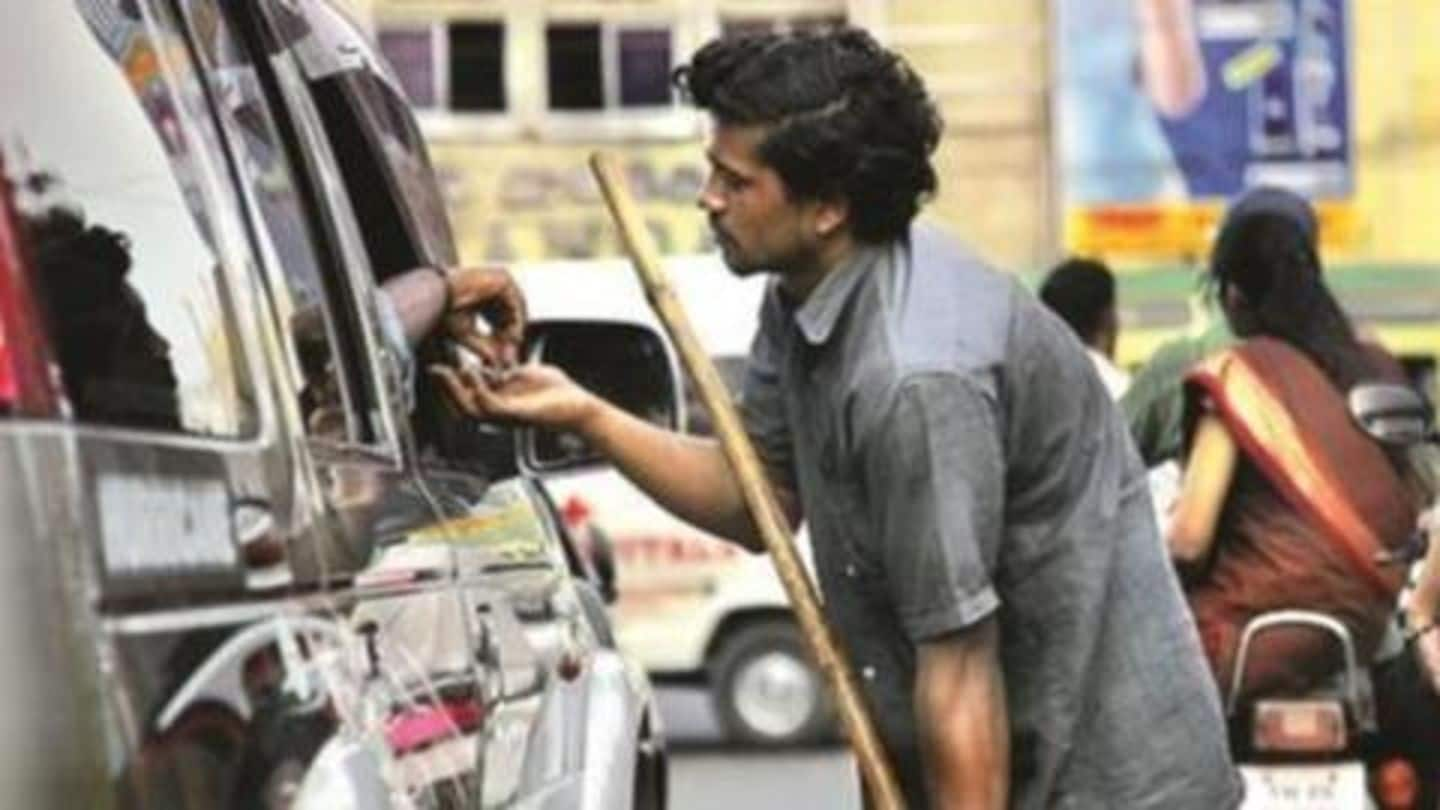
India's 9 richest-people hold as much wealth as poorest 50%
What's the story
In a country like India where half of the population is poor, the billionaires are getting richer every day, says the Oxfam Inequality Report 2019 released on Monday. The report states Indian billionaires saw their fortunes swell by Rs. 2,200 crore a day last year. The wealth of the top 9 billionaires is equivalent to the wealth of the bottom 50% of the population.
Overall fortune hike
Billionaires' fortunes increased by $2.5 billion a day globally
Top 1% of the country's richest are getting richer by 39% as against just 3% increase in wealth for the bottom half of the population, the study said. Globally, billionaires' fortunes rose by 12% or $2.5 billion a day in 2018, whereas the poorest half of the world's population saw their wealth decline by 11%, the international rights group said in its annual study.
Information
13.6 crore Indians continue to remain in debt since 2004
Oxfam released the report before the start of the five-day World Economic Forum (WEF) Annual Meeting in Davos. It further said that 13.6 crore Indians, who make up the poorest 10% of the country, continued to remain in debt since 2004.
World data
1% of Jeff Bezos' fortune equals to Ethiopia's whole health-budget
Oxfam said 26 people now own the same as the 3.8 billion people who make up the poorest half of humanity, down from 44 people last year. The world's richest man Jeff Bezos, the founder of Amazon, saw his fortune increase to $112 billion and just 1% of his fortune is equivalent to the whole health budget for Ethiopia, a country of 115 million.
India's scenario
Top 1% holds 51.53% of national wealth in India: Report
Noting that the high level of wealth disparity subverts democracy, Oxfam said, "India's top 10% of the population holds 77.4% of the total national wealth. The contrast is even sharper for the top 1% that holds 51.53% of the national wealth." The bottom 60%, who represent the majority of the population, own merely 4.8% of the national wealth, it said.
Data
Top 9 billionaires' wealth equals to wealth of bottom 50%
In a shocking revelation, Oxfam said that the wealth of the top 9 billionaires in India is equivalent to the wealth of the bottom 50% of the population. Between 2018 and 2022, India is estimated to produce 70 new dollar millionaires every day, it said.
Data
Total wealth of billionaires more than Union Budget 2019: Report
Oxfam says India added 18 new billionaires last year, raising the total number of billionaires to 119, while their wealth crossed $400 billion (Rs. 28 lakh crore), higher than Union Budget of India for 2018-19 (Rs. 24,422 lakh crore). It rose from $325.5 billion in 2017 to $440.1 billion in 2018, making it the single largest annual increase since the 2008 global financial crisis.
India's story
0.5% extra tax on wealth would increase govt-spending on health
Oxfam further said that if 1% of rich Indians would just pay 0.5% extra tax on their wealth, it would raise enough money to increase the government spending on health by 50%. It said the combined revenue and capital expenditure of the Center and states for medical, public health, sanitation, and water supply is less than the country's richest Mukesh Ambani's wealth.
Ambani's wealth
Ambani's wealth more than combined revenue and capital expenditure: Report
While Ambani's wealth is Rs. 2.8 lakh crore, the combined revenue and capital expenditure of government is Rs. 2,08,166 crore. Globally, Oxfam said the tax rates for wealthy individuals and corporations have been cut dramatically. While billionaire wealth soars, public services are suffering from chronic underfunding or being outsourced to private companies that exclude the poorest people, it said.
Healthcare sector
Decent education, healthcare, a luxury only rich can afford: Oxfam
Focusing on the education sector, the rights group said in many countries, including India, a decent education or quality healthcare has become a luxury only the rich can afford. "Children from poor families in India are three times more likely to die before their first birthday than children from rich families," it said, highlighting the shortage of medical facilities at affordable rates.
Recommendations
Recommendations: Improve public healthcare and education; focus on gender budgeting
Oxfam said its calculations are based on the latest comprehensive data sources available publicly, including from the Credit Suisse Wealth Databook and the annual Forbes Billionaires List. It has also recommended the government to improve public healthcare, undertake strict enforcement of the Right to Education norms, stop the commercialization of education and health, and focus on the gender budgeting.